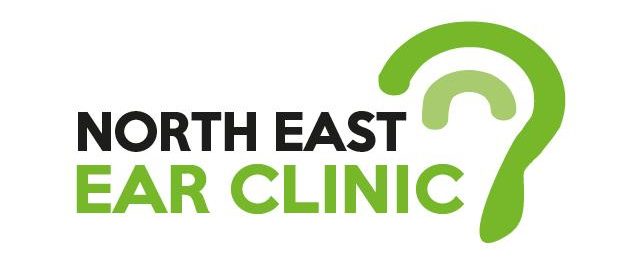A team of researchers in the UK, Chile, and Germany have developed a new device, called Trears, that is a safe way to collect earwax, allowing it to be used to diagnose and monitor stress and depression, as well as other stress-related disorders.
The device measures the levels of the stress hormone cortisol, which accumulates in earwax. Cortisol is typically measured through the blood, urine, saliva, or hair samples, but those samples only provide a snapshot of stress levels, which may increase due to the invasive measure of the tests themselves, according to Live Science.
This new method could help with the diagnosis of certain mental illnesses more accurate, according to the researchers, with the addition of an objective measure to more subjective ones, such as in-person behavioural assessments.
In the development of Trears, the teams tested the cortisol levels in the earwax of 37 participants, initially with a standard syringing procedure, and a month later, syringing in one ear, and using the new method in the other. They also collected hair and blood samples to measure cortisol levels.
They discovered that earwax contained more cortisol than in the hair samples, but not as much as in blood. The new meths proved to be quicker and cheaper and was influenced less by other factors such as alcohol consumption and momentary stressful events, as well as being more comfortable than other traditional methods.
The research team is now looking into whether Trears, which is being developed with support from the University College London’s Hatchery startup incubator, can help measure glucose levels, which can help monitor diabetes or even COVID-19 antibodies.
However, clinical psychologist Emily Anhalt said that the concept that objective evidence was needed to diagnose mental health conditions was flawed.
“Do we really need to collect earwax and send it to a lab to know and be believed that we are stressed or depressed?” She said.
“I believe our culture desperately wants mental health struggles to be simple: an imbalance of chemicals that can be identified and righted, when really, they are much more often symptoms that are pointing to pain, traumas, unhealthy systems that need to be addressed, and being human.”
If you’re looking for ear wax removal in Newcastle, get in touch!




